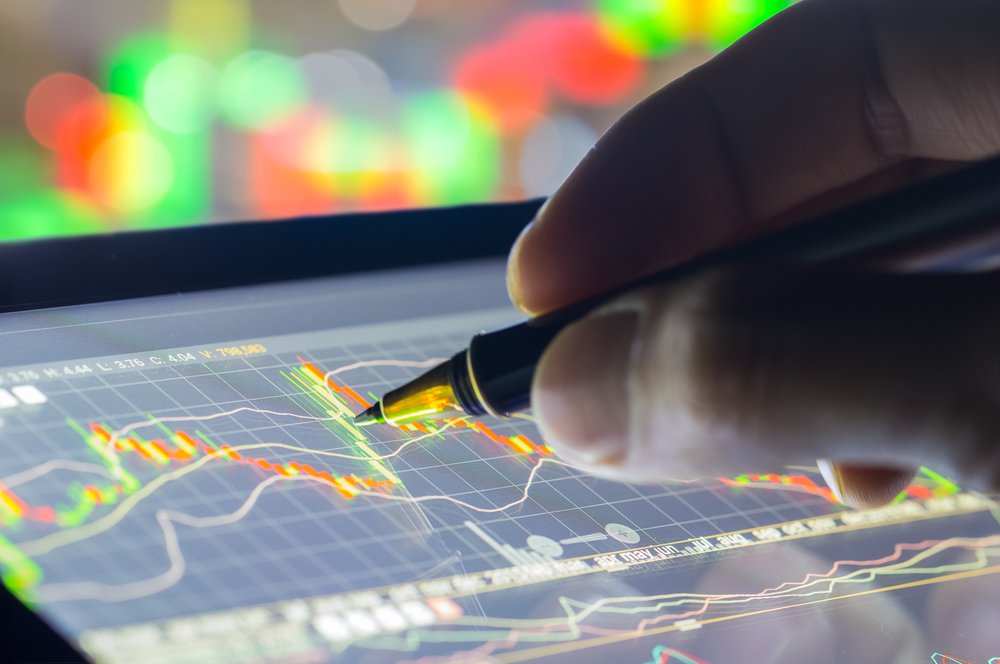A lot of intriguing developments are taking place in South Korea. It recently became apparent that the government would revise its existing regulations, although no one knew for sure how things would play out. On Wednesday, the South Korean Supreme Court recognized Bitcoin and other cryptocurrencies as assets.
Another Plot Twist in South Korea
No one will deny the global impact South Korea has had on the cryptocurrency trading industry. Its exchanges are the main reason why so many cryptocurrencies saw a massive spike in value in late 2017 and early 2018. That party came to an abrupt end when the government decided to introduce some regulatory measures which spooked a fair few traders.
Due to this legal uncertainty, the future of cryptocurrency in South Korea has remained in question for some time now. While officials are looking for different ways to bring more legitimacy to this industry, an uneasy standstill has subdued most of the markets.
It does appear there is a bright light at the end of this rather dark tunnel. Earlier this week, the South Korean Supreme Court ruled that cryptocurrencies are assets, which will have some intriguing consequences. This decision was made as part of an ongoing court case involving $2.3 million worth of Bitcoin that was seized from an individual running an online pornography platform.
By granting cryptocurrencies the status of “asset[s] with measurable value”, a very interesting situation has been created. While it is also the first time cryptocurrencies have been confiscated in South Korea, this is still an important development in the ongoing process of regulating Bitcoin.
This decision differs from that of a lower court earlier this year. At that time, the lower court argued Bitcoin did not have any value as it only existed electronically and had no physical form. With the Supreme Court having overturned that decision, it will be interesting to see how the cryptocurrency ecosystem evolves in South Korea moving forward.
One somewhat negative aspect of this ruling is that officials can confiscate any cryptocurrency earned through illicit methods. In a way, that is positive, as it will help weed out any malicious actors from the cryptocurrency ecosystem. At the same time, it may also lead to a more negative focus on Bitcoin, as the world’s leading cryptocurrency is often mentioned in the same breath as online crime.

